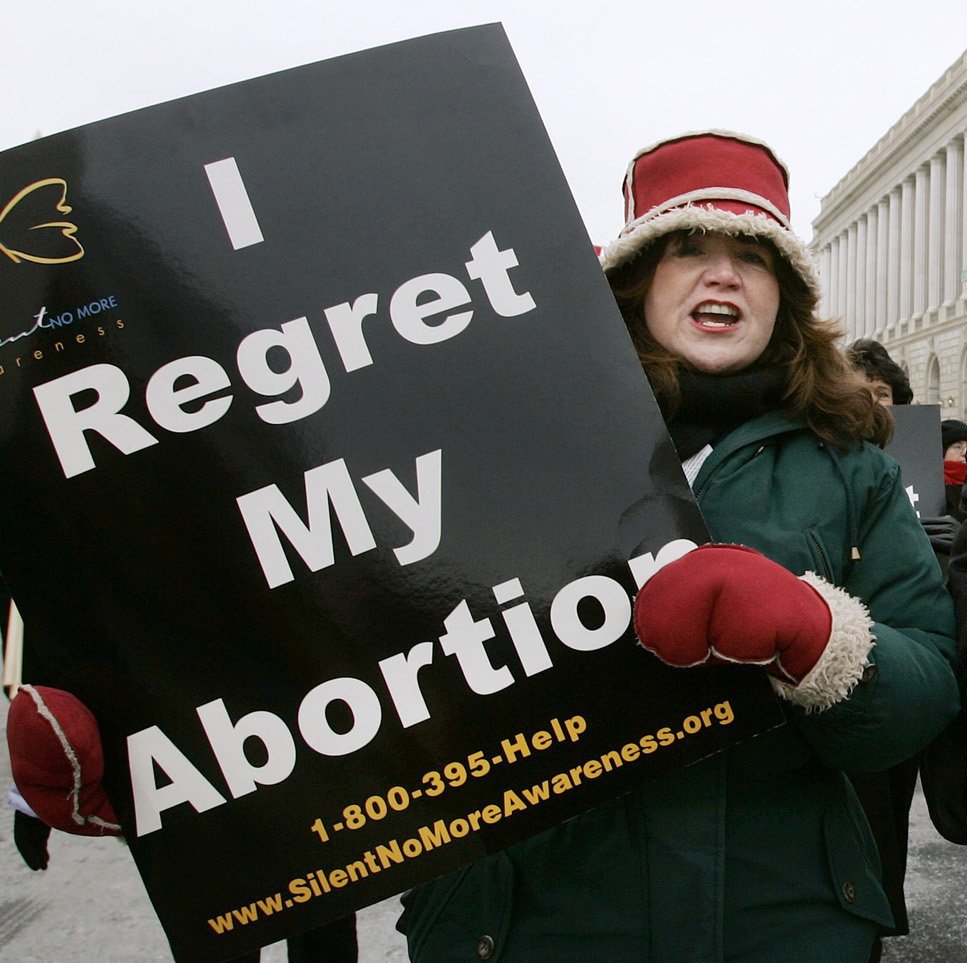
By Kurt Jensen
(OSV News) — In a partial legal win for pro-life protesters outside abortion clinics, a federal judge in Minneapolis has allowed a First Amendment challenge to proceed against the city’s 2022 “abortion bubble” ordinance.
U.S. District Court Judge Eric C. Tostrud, in his Oct. 30 ruling, rejected the assertion by the Christian nonprofit Pro-Life Action Ministries — which provides “sidewalk counseling” to abortion-minded women outside abortion clinics — that the words “physical” and “disrupt” in Minneapolis’ ordinance are so vague they don’t give protesters adequate notice of what is and is not prohibited. The judge called that claim “implausible.”
But Tostrud allowed the complaint to proceed through the court system on free-speech grounds, since the lawsuit asserted the city’s ordinance was overly broad and “it would be premature to dismiss the overbreadth challenge at the pleadings stage.”
The lawsuit was brought in April by the Thomas More Society, a Chicago-based public interest law firm.
The ordinance creates “an unconstitutional, content-based exclusion zone, created exclusively for the purpose of shutting down pro-life speech outside of abortion facilities,” Thomas More Society lawyer Erick Kaardal said in a statement when the suit was filed.
“The ministry of pro-life sidewalk counseling is a peaceful interaction with pregnant women to convey life-affirming alternatives to abortion,” he said. “Yet the City of Minneapolis has specifically enacted an ordinance designed to prevent any success at conducting this peaceful interaction.”
Volunteers and staff members from Pro-Life Action Ministries customarily approach cars entering the parking lot or people on foot approaching the door of the only Planned Parenthood abortion clinic in Minneapolis.
But the ordinance, enacted in November 2022, prohibits them from entering even the public sidewalk portion of the parking lot entrance when doing sidewalk counseling.
The ordinance, Tostrud’s ruling observed, “is content neutral. It serves purposes unrelated to the content of expression,” including public safety, patient access to health care, and unobstructed use of sidewalks. And it “does not require law enforcement to examine the content of the message conveyed to determine whether a violation has occurred.”
The ruling concluded that when women arriving at the clinic are stopped by Pro-Life Action Ministries protesters, “they do physically disrupt, hinder, or obstruct the person from entering or exiting the Planned Parenthood facility, within the meaning of the ordinance.”
Lawsuits involving pro-life sidewalk activities have become the new legal battleground in the wake of the 2022 Supreme Court decision, Dobbs v. Jackson Women’s Health Organization, which overturned prior jurisprudence recognizing abortion as a constitutional right established by Roe v. Wade in 1973.
In August, a federal judge in Illinois issued a preliminary injunction against a new law in that state, blocking the law’s restrictions on speech that were affecting the state’s 100 pregnancy resource centers.
The lawsuit, also brought by the Thomas More Society, seeks to keep Illinois Attorney General Kwame Raoul from enforcing the Deceptive Practices of Limited Services Pregnancy Centers Act (S.B. 1909), which declares both advertising and counseling by the centers, including sidewalk counseling, to be a “deceptive business practice.” Violation could bring fines of up to $50,000.
It is slightly broader than the lawsuit filed in Vermont by Alliance Defending Freedom, which is suing that state over a law that restricts advertising by the centers and prohibits non-licensed health care professionals from working there.
